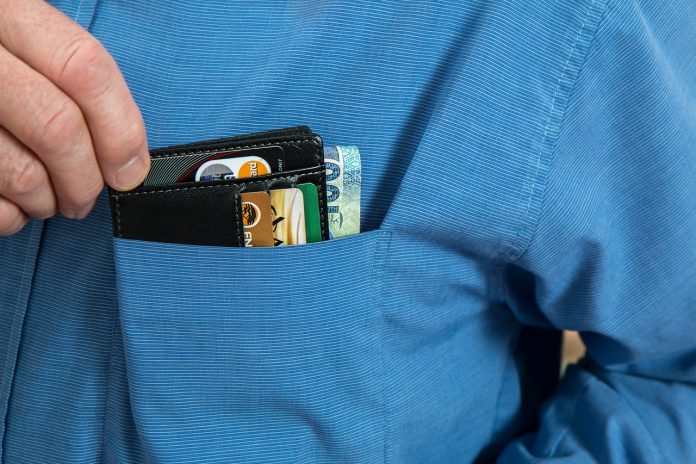Entrepreneurs have a wide variety of challenges that they have to deal with on a regular basis when they are starting a company. Many of these issues revolve around paying bills and taking on the debt necessary to sustain a business. Much of this debt in the early months and years will be credit card debt. Properly handling credit card debt is essential for any entrepreneur to keep their struggling business afloat during its first few years.
The challenge
Second City Advisors recommends that entrepreneurs strongly consider using credit card debt at the start of their businesses. Many entrepreneurs are unable to rely on venture capital or angel investors at first. They have to prove that their products have potential before investors will be interested. But these individuals will most likely be able to afford and qualify for a credit card with their limited personal credit history. They can then use that personal credit card to pay the earliest expenses of their business. However, credit card debt is often associated with fees and interest payments that can spiral out of control in a matter of months. Massive debts are the primary reason why the vast majority of businesses that are started dry up and fold in the first five years of operation.
Set up an LLC
One helpful way to manage personal credit card debt as an entrepreneur is to set up an LLC for a business. LLCs, or limited liability corporations, are entities that an individual can set up to insulate themselves from their business. Entrepreneurs use these entities to manage their risk and their potential losses. They may connect credit cards or other debt vehicles to that entity and then place all of their risk on the entity. The individual can then rack up credit card debts without as much fear for their own bottom lines.
If the company goes out of business, an entrepreneur can sometimes protect their own personal finances. There are certain fees and taxes that go along with setting up one of these corporations. Individuals should be wary of those costs and of the money that they are still spending even with an LLC. But Second City Advisors argues that the costs are worth the avoidance of massive financial losses if a company is forced to declare bankruptcy.
Work with reputable partners
Starting a business will be expensive if everything goes according to plan. An entrepreneur may have to pay for real estate and salaries before anyone even knows their company exists. Entrepreneurs should make sure that they spend this money with reputable companies and vendors. They should vet everyone that they work with and read as many reviews as they can. If not, there is a high likelihood that costs will spiral out of control. A contractor that is brought in to build a roof or pour concrete will most likely be paid at first by an entrepreneur’s credit card. This contractor may constantly demand more money or they will leave a job incomplete. Some contractors will even abuse an individual’s credit card information. Making smart choices about partners and vendors is essential for any entrepreneur who is using credit card debt to finance their business.
Conclusion
Credit card debt is not necessarily a negative part of doing business. It is more of an essential step where every business owner needs to meet expenses while their business is attracting customers and vendors. Instead, credit card debt needs to be viewed as a necessary reality that should be controlled and mitigated at all costs. Keeping credit card debt low will help entrepreneurs avoid business pitfalls and keep their life on track alongside the finances of their business.
Find a Home-Based Business to Start-Up >>> Hundreds of Business Listings.

















































